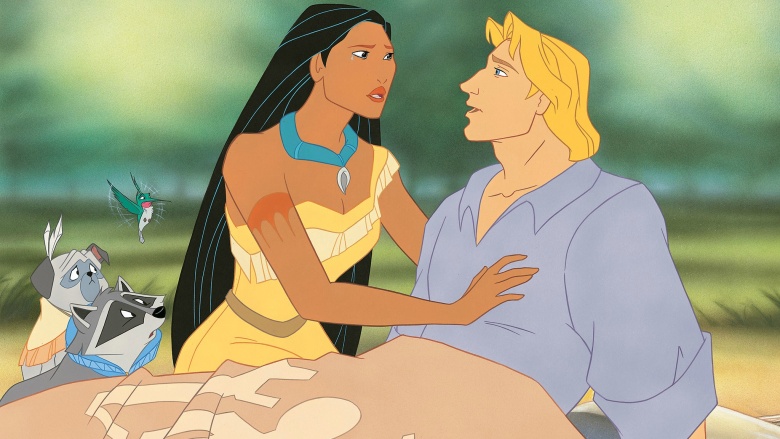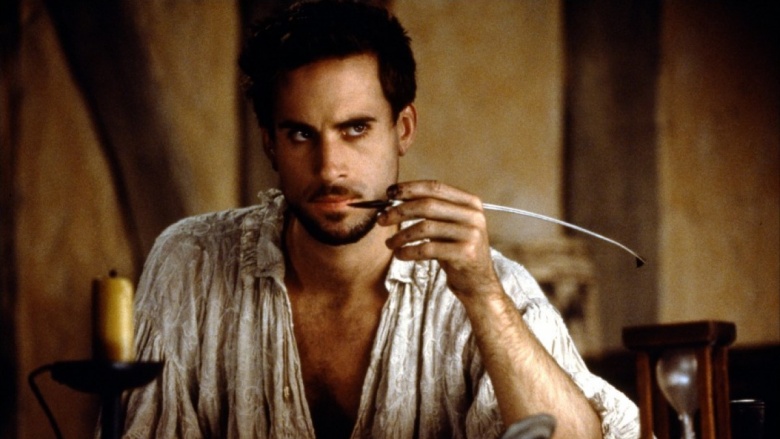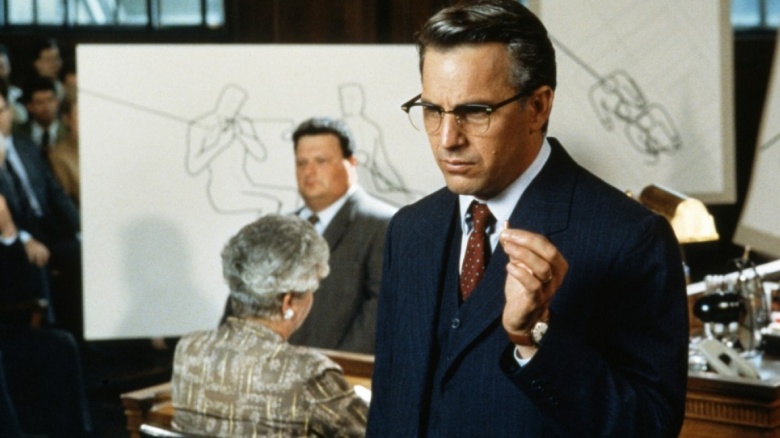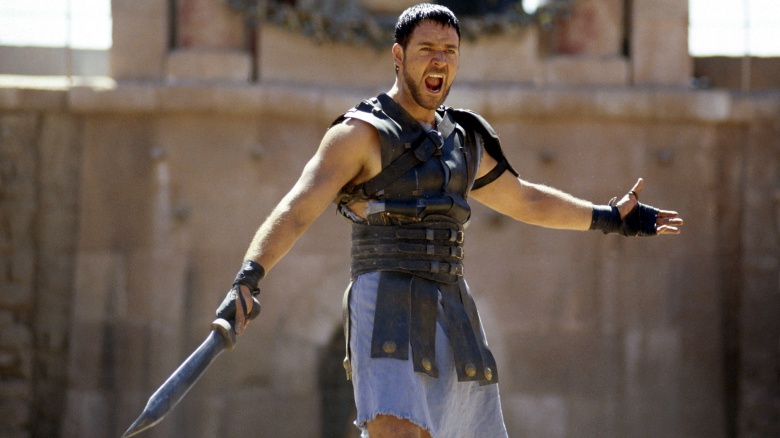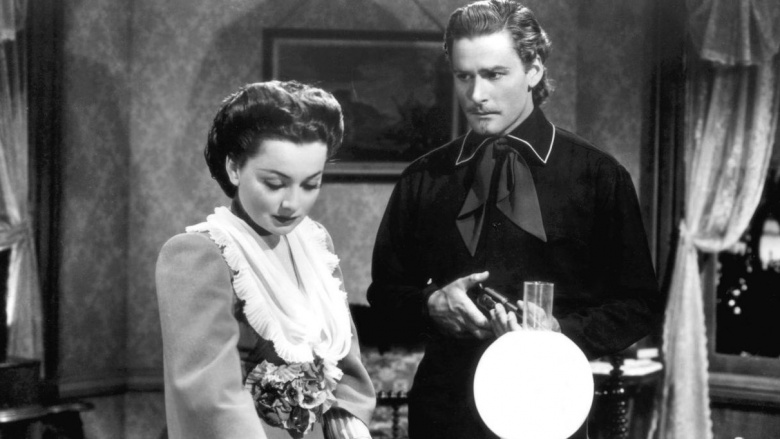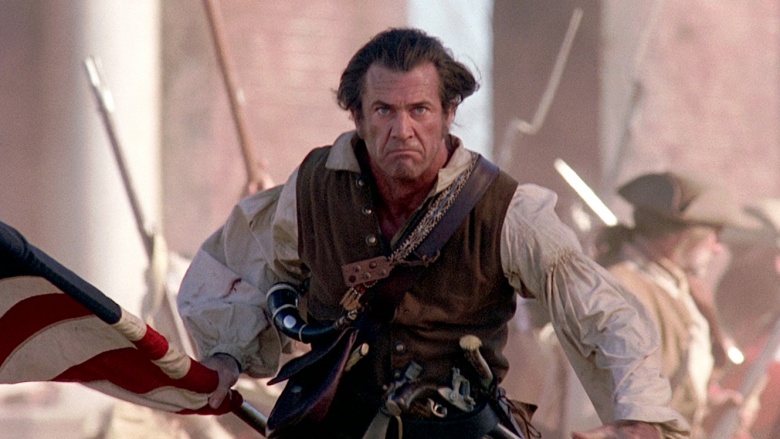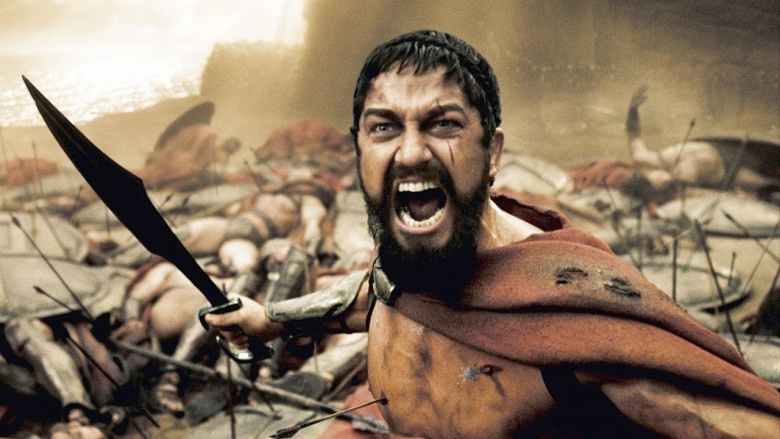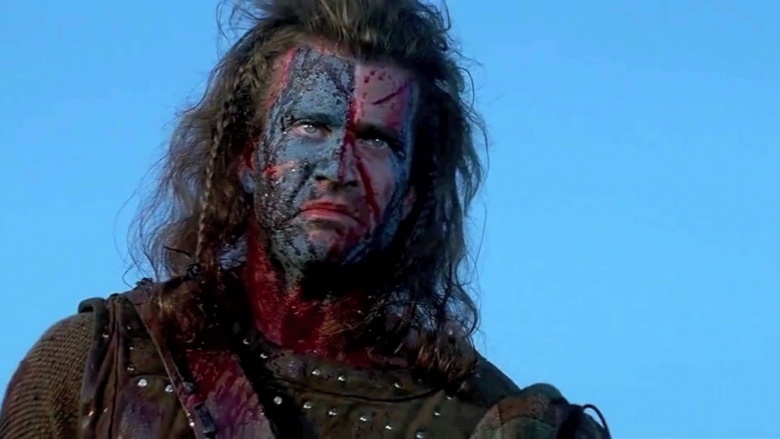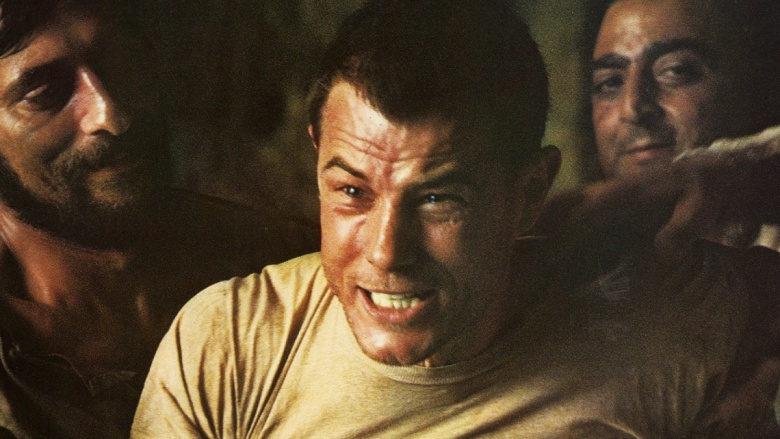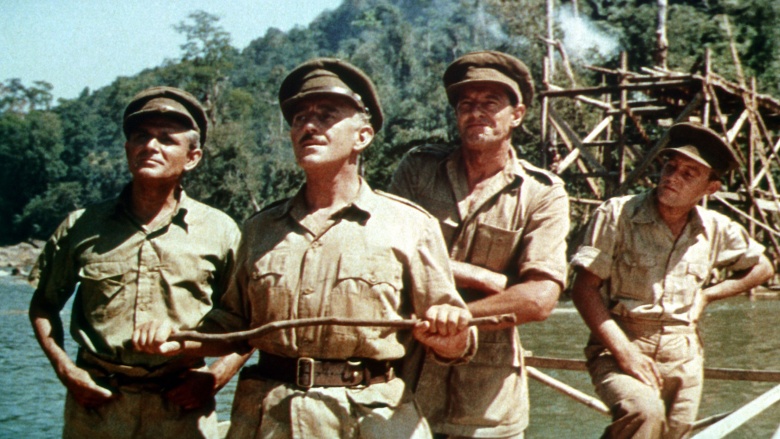Movies That Got History Completely Wrong
Watching movies about famous people and real events can be more entertaining than actually sitting down to read books about history, but it isn't always the best way to learn the truth. Here are some examples of times Hollywood decided the facts weren't entertaining enough.
Pocahontas (1995)
The "Colors of the Wind" depicted in this animated Disney musical would have taken on a decidedly statutory tone if they'd happened in real life. Although our titular heroine really did know—and, at one point, save the life of—British settler John Smith, she was only 10 or 11 when it happened, and the duo definitely didn't fall in love. The real-life friendship between Smith and Pocahontas was presumably not exciting enough for the filmmakers—and the inconvenient truth of her marriage to another British man, John Rolfe, was ignored entirely.
Shakespeare in Love (1998)
What if William Shakespeare encountered a nasty case of writer's block while penning Romeo & Juliet, only to be saved in the nick of time by the inspiration of a real-life love? This idea obviously made for good viewing—hence the seven Academy Awards taken home by Shakespeare in Love—but as a glimpse of history, it doesn't hold up, primarily because Shakespeare was actually inspired by a pre-existing story. Written in 1562 by Arthur Brooke, The Tragical History of Romeus and Juliet was well-known to audiences of the era—and it, in turn, was adapted from even earlier texts.
JFK (1991)
There are so many unanswered questions surrounding the assassination of President John F. Kennedy that scholars are still debating what actually happened and why. This makes pinpointing actual errors in a film like Oliver Stone's JFK a little tricker than it might otherwise be, but there's still no shortage of inaccuracies in this eight-time Oscar nominee, which—just to name a couple troublesome errors—invents a confession that one major suspect never actually gave and neglects to mention that another key confession was offered under the influence of drugs. None of this stopped JFK from becoming a major box office hit.
Gladiator (2000)
A good filmmaker never lets historical accuracy get in the way of a good action movie, and Ridley Scott—a very good director—held to that tradition while depicting skullduggery in the court of the Roman Empire with 2000's Gladiator. Of course, Scott's main character, a Roman general named Maximus Decimus Meridius, is fictional, which removes some of the burden of truth from the film, but that doesn't excuse the liberties it takes with historical figures like Emperor Commodus, who's shown as a twisted, father-killing creep. The film's errors also include fictional battles (and anachronistic weaponry)—and, most damning for a movie about this period, incorrectly written Latin inscriptions.
They Died with Their Boots On (1941)
Lots of movies about real people and events try to present their subjects in the most flattering light, but even by those relaxed standards, 1941's George Custer biopic They Died with Their Boots On is comically inaccurate—to the extent that it's frequently held up as one of the least trustworthy historical films of all time. In the filmmakers' defense, when Boots was made, most of what people accepted as the facts about Custer came courtesy of his widow, who had a vested interest in burnishing his legend. Still, looking back, it's an unforgivably thick (albeit entertaining) whitewashing job that ignores his foibles and presents him as a friend to Native Americans whose infamous Last Stand was a noble act of sacrifice.
The Patriot (2000)
History is written by the victors, so it's perhaps only natural that Roland Emmerich's War for Independence epic The Patriot portrays British soldiers as bloodthirsty scum while holding up our hero Benjamin Martin (Mel Gibson) as a noble warrior fighting on behalf of the oppressed. But even as it goes overboard in depicting British violence—most notably in a wildly inaccurate scene that shows a church full of unarmed colonists being burned alive—it glosses over the darker side of Martin's real-life inspiration, American settler Francis Marion, whose guerrilla warfare tactics earned him the nickname "The Swamp Fox."
300 (2006)
It's well worth mentioning that 300 is so heavily visually stylized that a person could hardly come away from a viewing thinking it's really supposed to resemble literal history, but still—for a movie inspired by the Battle of Thermopylae that took place during the Persian Wars in 480 BC, it could have gotten a lot closer to the truth. From the realities of Spartan government to their preparations for war, 300 plays fast and loose with the facts—and even worse, its depiction of the Persian people is over-the-top monstrous. Writer Frank Miller, whose comic inspired the film, said most of the inaccuracies were "intentional," but director Zack Snyder claimed the events depicted were "90 percent accurate."
Braveheart (1995)
By most accounts, William Wallace was a brave warrior who resisted British imperial rule during the Wars of Scottish Independence and was brutally murdered by England's King Edward I in return. So why take his story and tart it up with a bunch of embarrassing historical inaccuracies? Director Mel Gibson, who starred as Wallace, has said he was looking for compelling cinema, but that doesn't really explain why Braveheart is set in the wrong year (in 1276, Scotland and England were at peace), why it depicts kilt-covered Scottish warriors with woad on their faces (neither of which would have been worn at the time), or why it imagines an affair between Wallace and Isabella of France (who was three years old during the events depicted in the movie).
Midnight Express (1978)
Generally speaking, you want to avoid being arrested while in a foreign country, and this was even more true in the early '70s, when an American college student named Billy Hayes was caught trying to smuggle hashish out of Turkey. Hayes captured his harrowing ordeal in his memoir Midnight Express, which later became an Oscar-winning film—albeit one that takes the horror of a five-year Turkish prison sentence and bulks it up with fictionalized stuff like Hayes biting out another person's tongue and accidentally murdering a sadistic guard who's trying to rape him.
The Bridge on the River Kwai (1957)
Although it was only loosely inspired by actual events, The Bridge on the River Kwai has some obvious historical parallels—chiefly in the character of Lieutenant Colonel Nicholson (Alec Guinness), a British P.O.W. who leads his fellow prisoners through the building of a pivotal bridge for the Japanese Army during World War II, only to later realize the folly of his ways. Nicholson's real-life counterpart, British Lieutenant Colonel Philip Toosey, actually did whatever he could to undermine the bridge project, even gathering termites to help weaken the wood.

